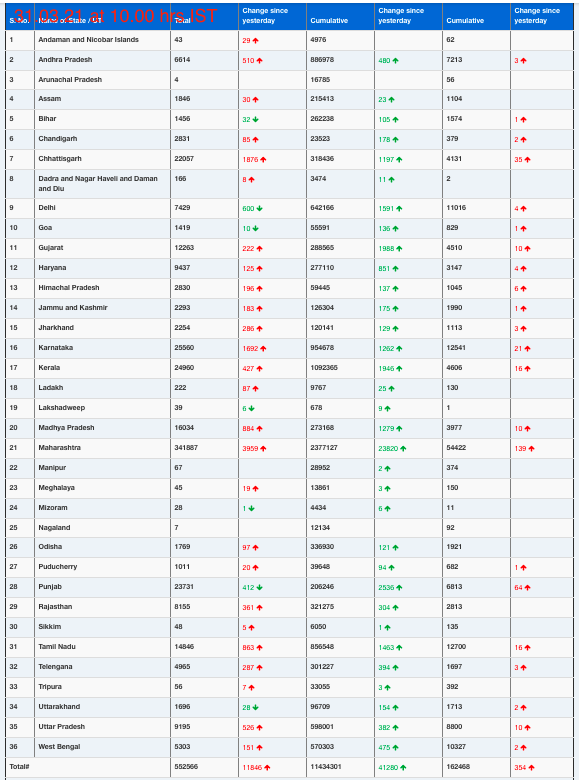New Delhi: A new modeling study conducted by the World Health Organization (WHO) suggests that adhering to recommended sodium intake levels could prevent an estimated 300,000 deaths from heart and chronic kidney diseases in India over the next decade. High sodium intake, primarily from salt, is one of the leading dietary risk factors for both mortality and disability worldwide. The study highlights the urgent need for India to implement a national sodium reduction strategy.
Packaged foods, a growing part of diets globally, have become a significant source of sodium intake in high-income countries and are increasingly so in low- and middle-income nations, including India. Despite the WHO’s daily sodium recommendation of less than two grams (equivalent to under one teaspoon of salt), the average Indian consumes nearly double this amount. Researchers from The George Institute for Global Health, Hyderabad, caution that this trend, combined with a growing reliance on packaged foods, necessitates urgent action.
The study, published in The Lancet Public Health, suggests that if India were to align with WHO guidelines on sodium consumption, the nation could prevent 1.7 million cardiovascular events—such as heart attacks and strokes—and 700,000 new cases of chronic kidney disease over the next ten years. Financially, these health improvements could save India approximately USD 800 million in healthcare costs.
Dr. Akshay Minhas, an advocate for public health policy and Assistant Professor in Community Medicine, commented, “The study underscores the immense public health benefits that a reduction in sodium intake could achieve in India. With rapidly changing dietary patterns and a growing reliance on packaged foods, a robust national strategy on sodium reduction is essential.”
The WHO’s global mandate aims to reduce sodium intake by 30% by 2025 as part of nine targets for combating non-communicable diseases. Other countries, such as the UK, Argentina, and South Africa, have successfully lowered sodium levels in their populations by setting specific targets for sodium content in packaged foods and collaborating with food manufacturers to meet these benchmarks.
While India’s “Eat Right India” initiative, launched by the Food Safety and Standards Authority of India (FSSAI) under the Ministry of Health and Family Welfare in 2018, aims to educate citizens on healthy eating, including sodium reduction, a clear national sodium reduction strategy is absent. The study’s authors suggest that if India adopted stringent sodium targets for packaged foods, the impact on population-wide sodium intake could be substantial, though specific effects remain to be measured.
As India faces a growing burden of non-communicable diseases, particularly heart and kidney-related conditions, experts emphasize that national action on sodium reduction could be a cost-effective and life-saving intervention. With a clear mandate, India could join global efforts in setting benchmarks for sodium and work closely with food manufacturers to ensure compliance, helping prevent thousands of premature deaths and improving population health.












